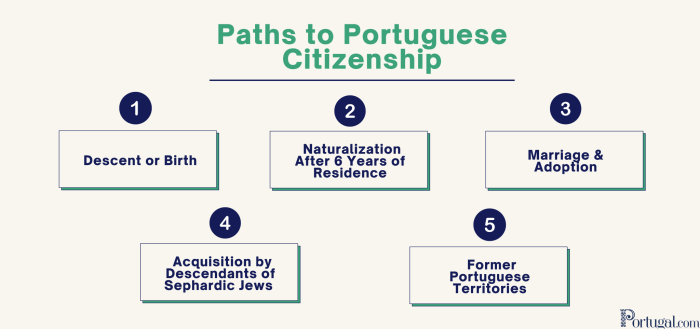Embark on a journey to unravel the significance of “quais as 100 perguntas para cidadania americana em português.” This analysis delves into the intricacies of the citizenship test, exploring its categories, content, cultural sensitivity, and implications for citizenship education.
The 100 questions serve as a gateway to American citizenship, testing the knowledge and understanding of prospective citizens. Language proficiency plays a crucial role in this process, and the test aims to assess individuals’ ability to read, write, and speak English effectively.
1. Introduction
Understanding the 100 questions for American citizenship is essential for those seeking to become naturalized citizens. The test, which assesses an individual’s knowledge of American history, government, and civics, plays a crucial role in determining eligibility for citizenship.
Language proficiency is a fundamental requirement for passing the citizenship test. Applicants must demonstrate their ability to read, write, and speak English at a basic level. The test also evaluates an individual’s understanding of American values and principles, ensuring that they possess the necessary knowledge and commitment to become a responsible citizen.
The citizenship test has a long and storied history. The first naturalization law, passed in 1790, required applicants to prove their good moral character and their intent to reside permanently in the United States. Over the years, the test has evolved to reflect the changing demographics and political landscape of the country.
2. Question Categories

The 100 questions for American citizenship are divided into several categories, each of which assesses a different aspect of an individual’s knowledge and understanding.
History, Quais as 100 perguntas para cidadania americana em português
This category tests an individual’s knowledge of key events, figures, and documents in American history, including the Declaration of Independence, the Constitution, and the Civil War.
Government
This category assesses an individual’s understanding of the structure and function of the American government, including the three branches of government, the electoral process, and the role of the Constitution.
Civics
This category evaluates an individual’s knowledge of American values, symbols, and traditions, including the Pledge of Allegiance, the national anthem, and the Bill of Rights.
3. Content Analysis: Quais As 100 Perguntas Para Cidadania Americana Em Português

An analysis of the content of the 100 questions reveals several key themes and concepts.
- Emphasis on American values and principles, such as liberty, equality, and democracy.
- Importance of historical knowledge, particularly of events and figures that shaped the nation’s founding and development.
- Understanding of the structure and function of the American government, including the roles of the different branches and the principles of checks and balances.
- Awareness of American symbols and traditions, such as the flag, the national anthem, and the Pledge of Allegiance.
The questions vary in difficulty and complexity, with some requiring only basic knowledge of American history and government, while others demand a more in-depth understanding of specific events and concepts.
4. Cultural Sensitivity
The 100 questions for American citizenship are generally considered to be culturally sensitive and inclusive.
- The questions avoid biased or discriminatory language, and they represent the diversity of American society.
- The questions do not require applicants to have a particular religious or political affiliation, and they do not favor any specific ethnic or racial group.
- The test is available in multiple languages, ensuring that applicants who are not fluent in English can still demonstrate their knowledge of American history and government.
However, some critics have argued that the test could be made more inclusive by incorporating more questions that reflect the experiences and perspectives of marginalized communities.
5. Implications for Citizenship Education
The 100 questions for American citizenship have significant implications for citizenship education programs.
- The questions provide a framework for educators to develop curriculum and materials that prepare applicants for the test.
- The emphasis on American values and principles in the questions highlights the importance of teaching these concepts in citizenship classes.
- The diversity of questions requires educators to use a variety of teaching methods and resources to ensure that all students have the opportunity to succeed.
Educators should also be aware of the potential biases and limitations of the questions and strive to supplement their teaching with additional materials that provide a more comprehensive and inclusive understanding of American history and government.
User Queries
What is the purpose of the 100 questions for American citizenship?
The 100 questions are designed to assess an individual’s knowledge of American history, government, and civics, as well as their ability to read, write, and speak English.
What are the different categories of questions on the citizenship test?
The questions are divided into several categories, including American history, government, civics, and geography.
How can I prepare for the citizenship test?
There are a variety of resources available to help you prepare for the citizenship test, including study guides, practice tests, and citizenship classes.